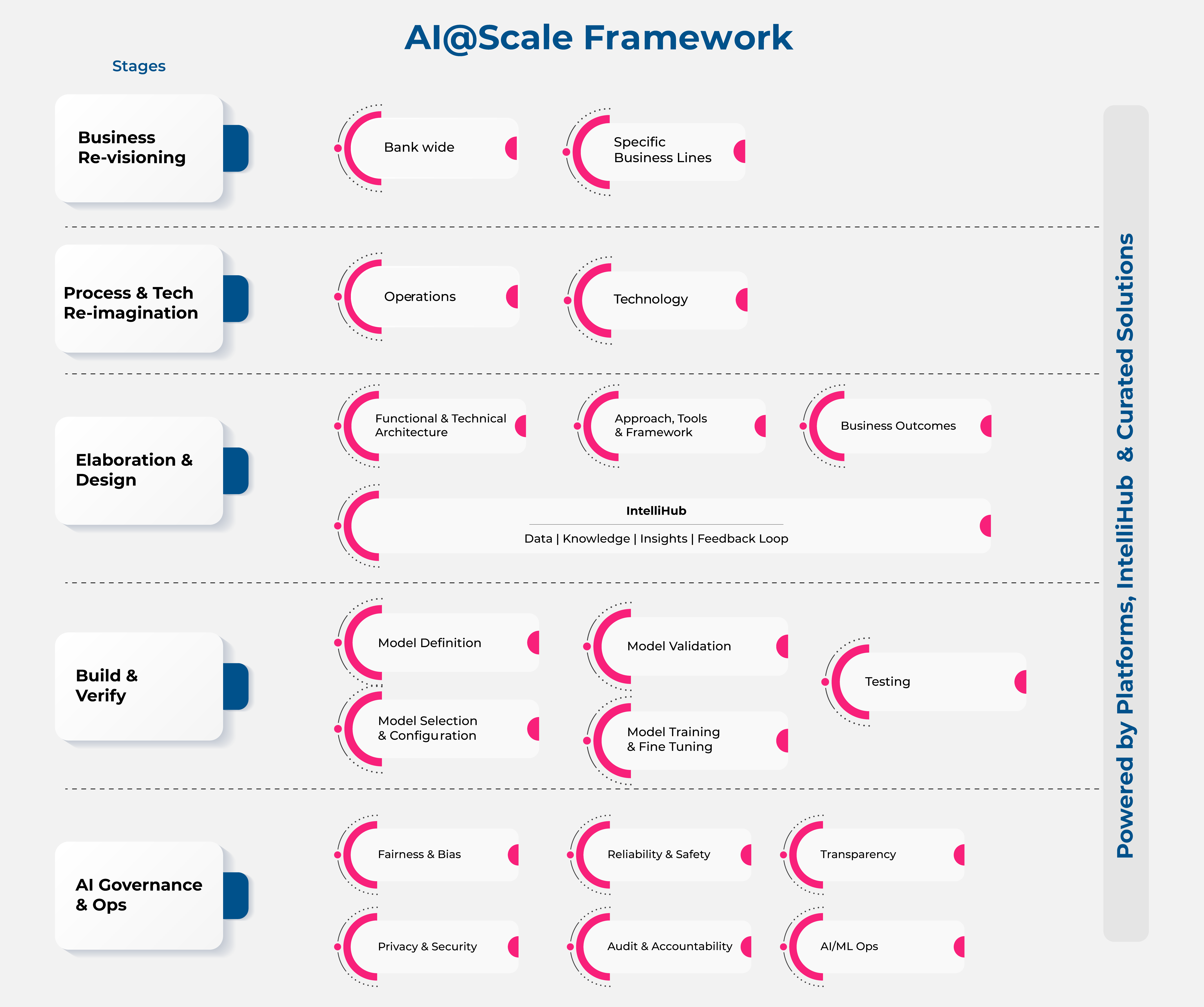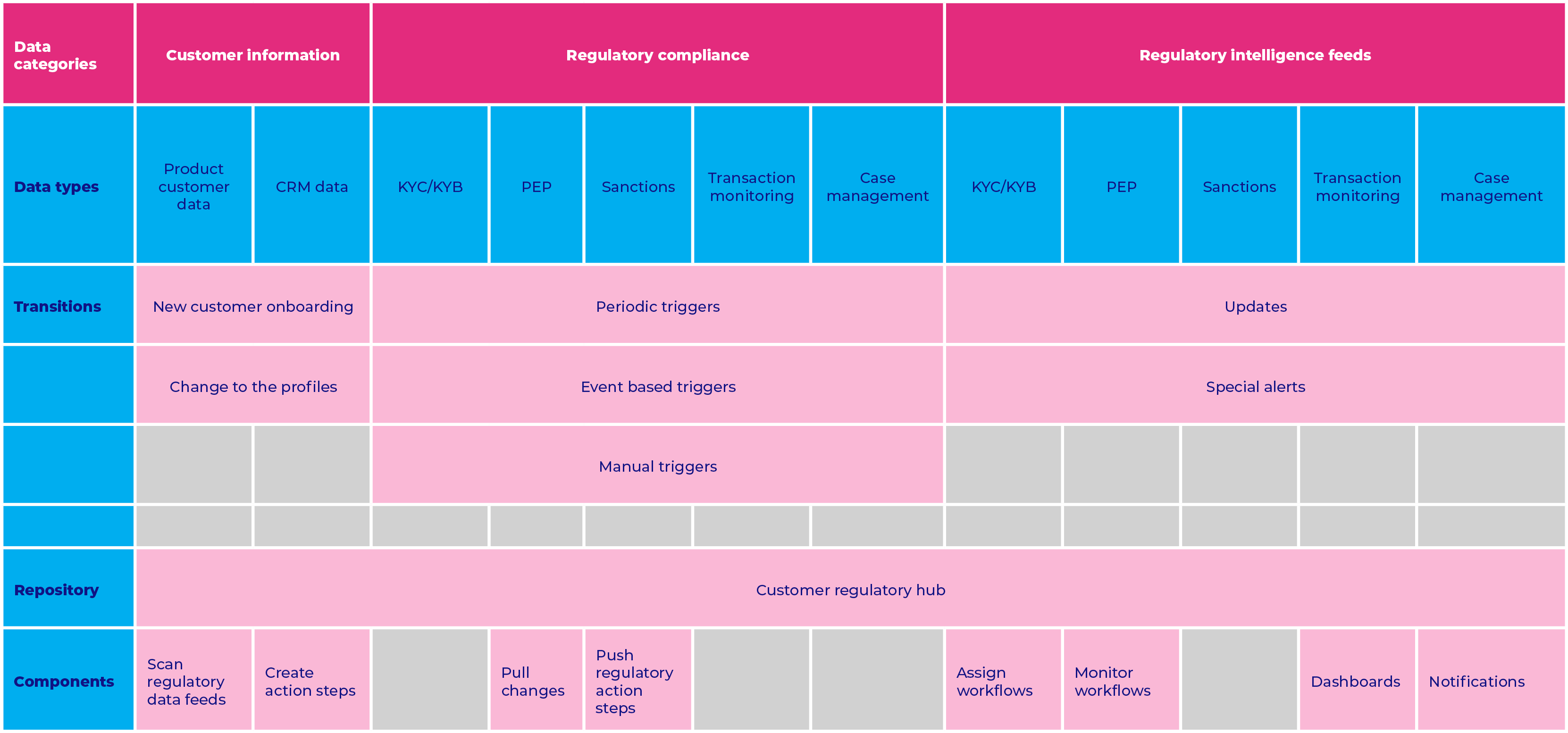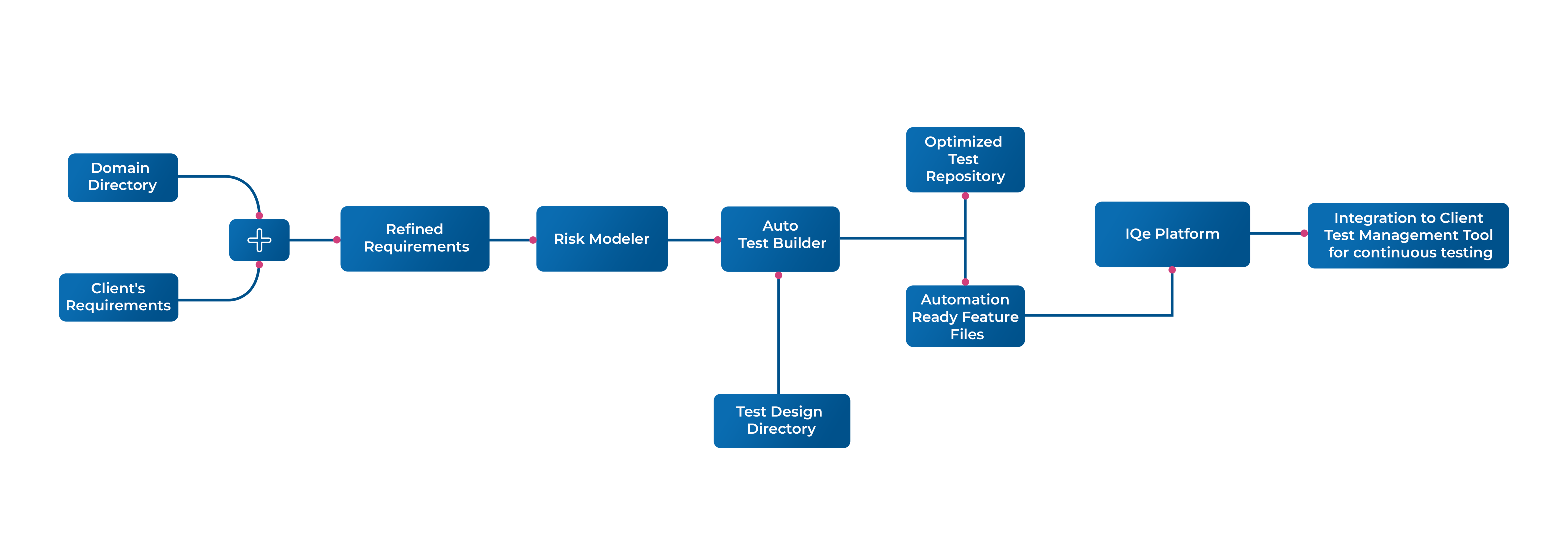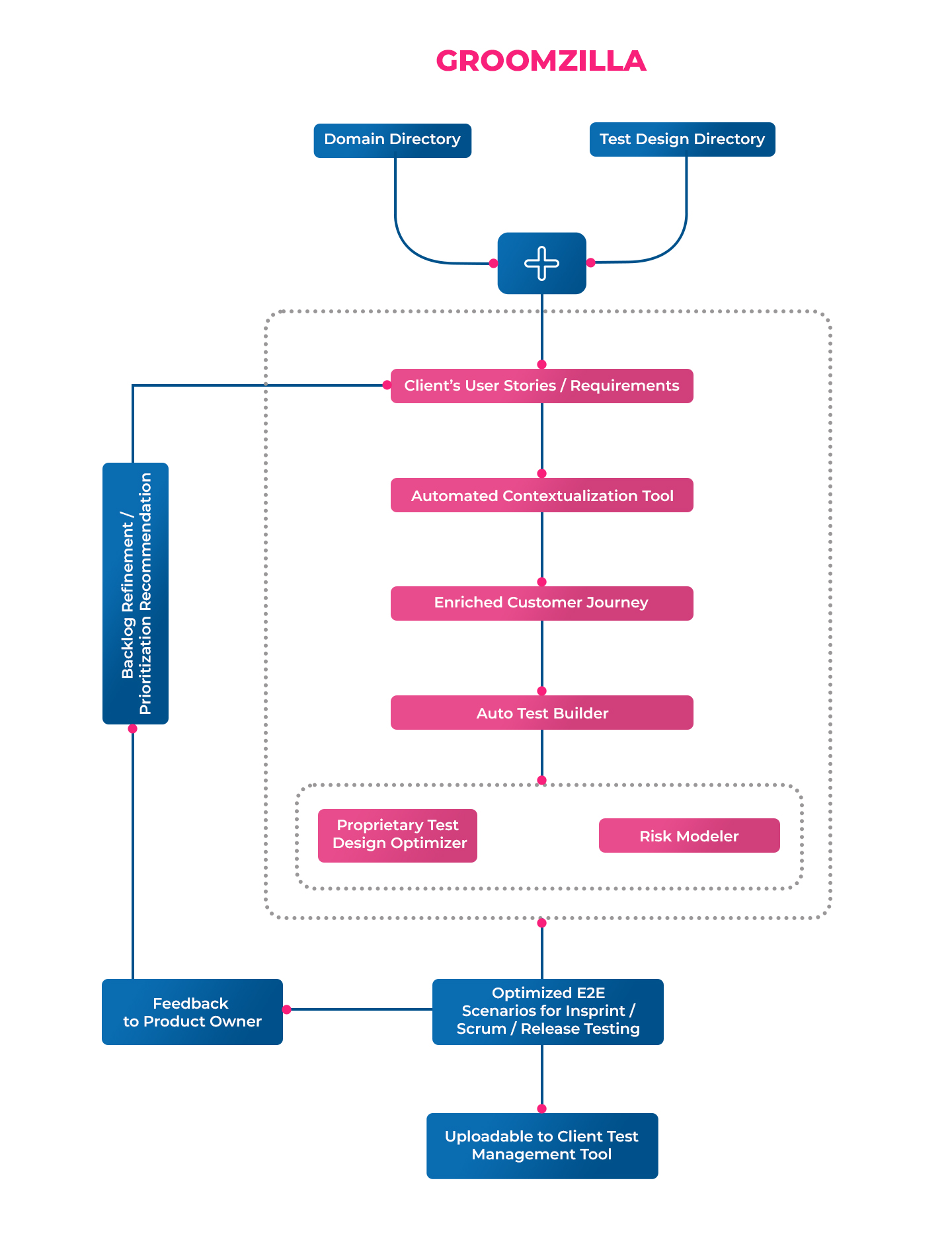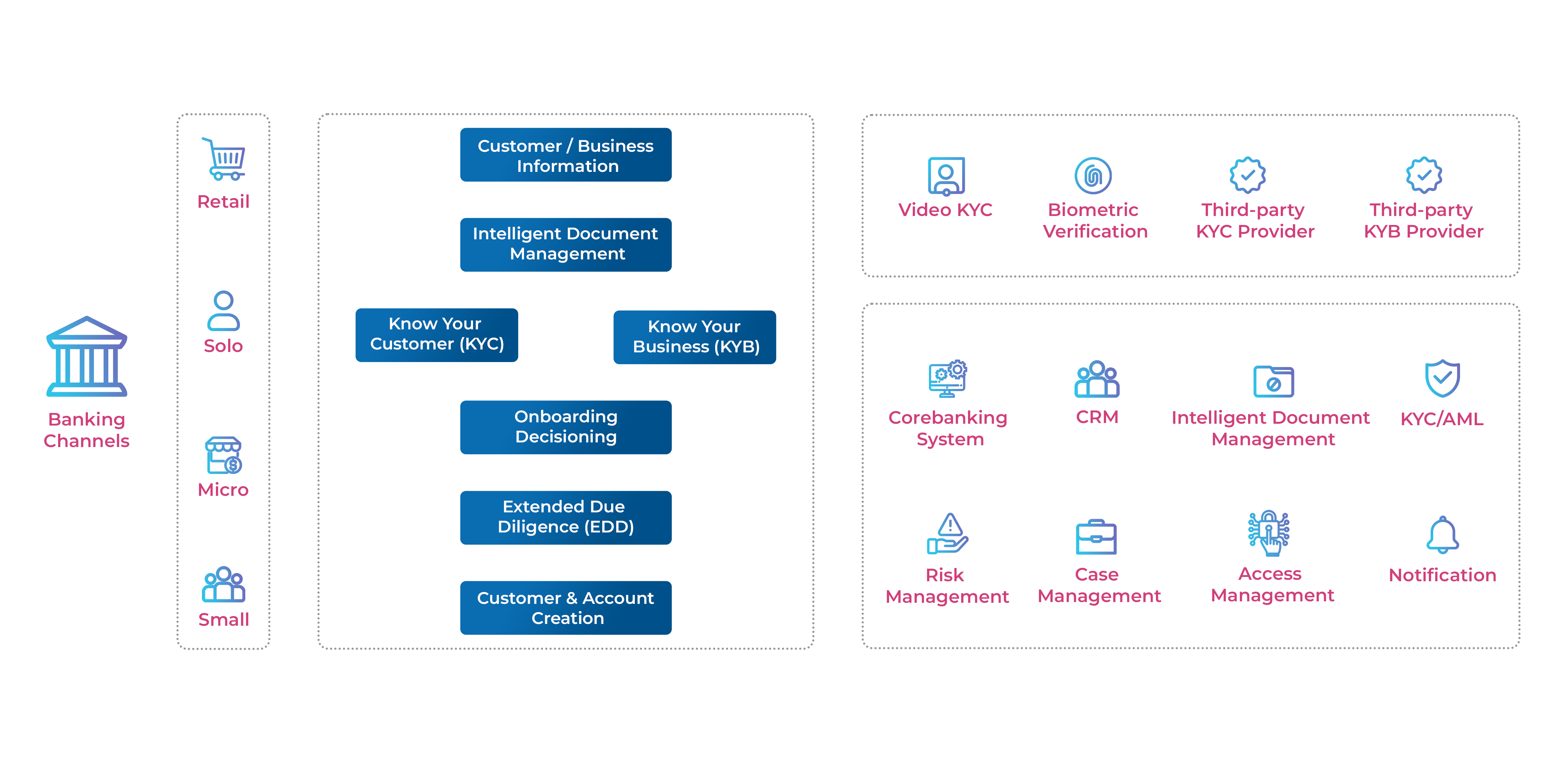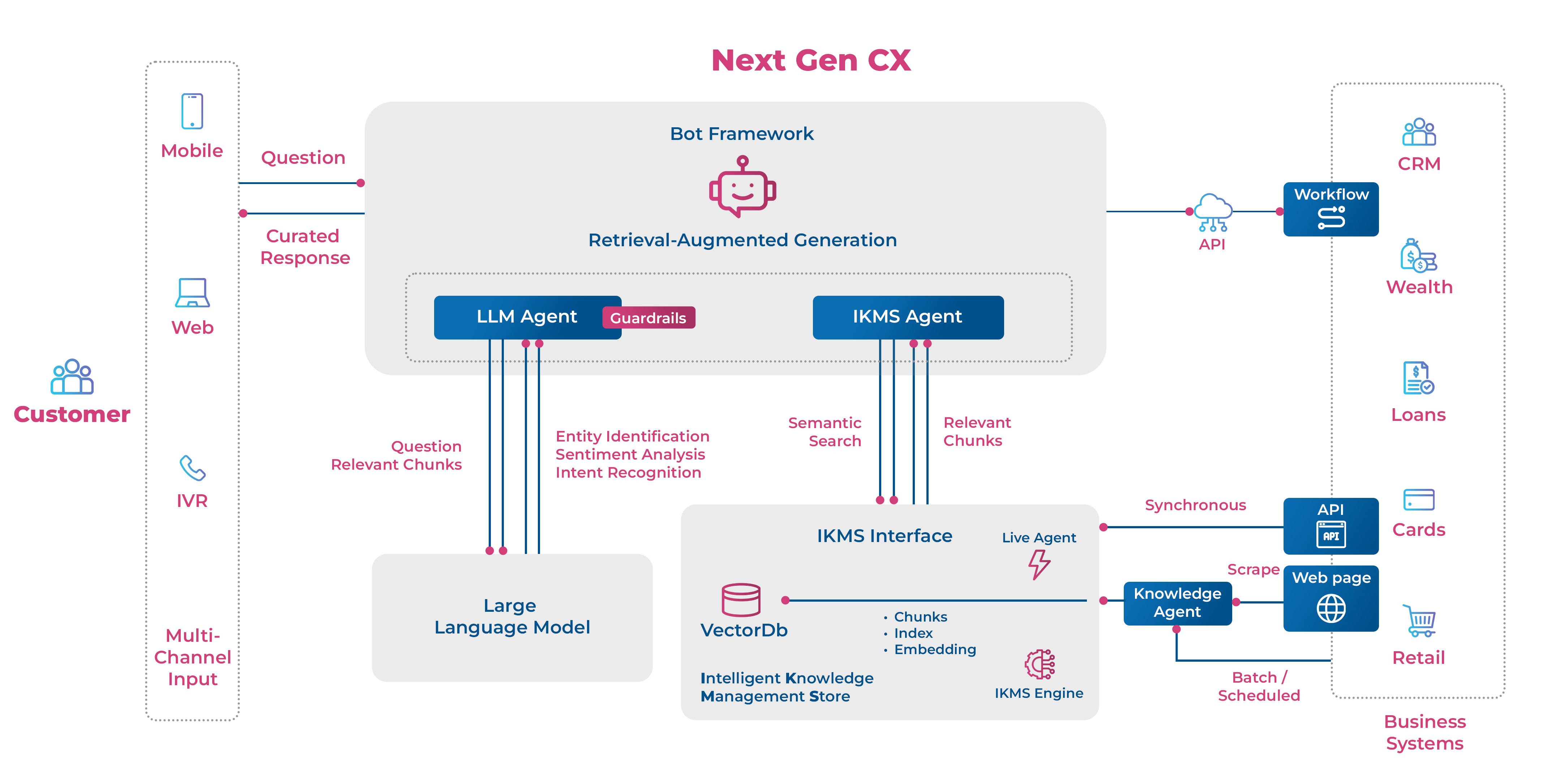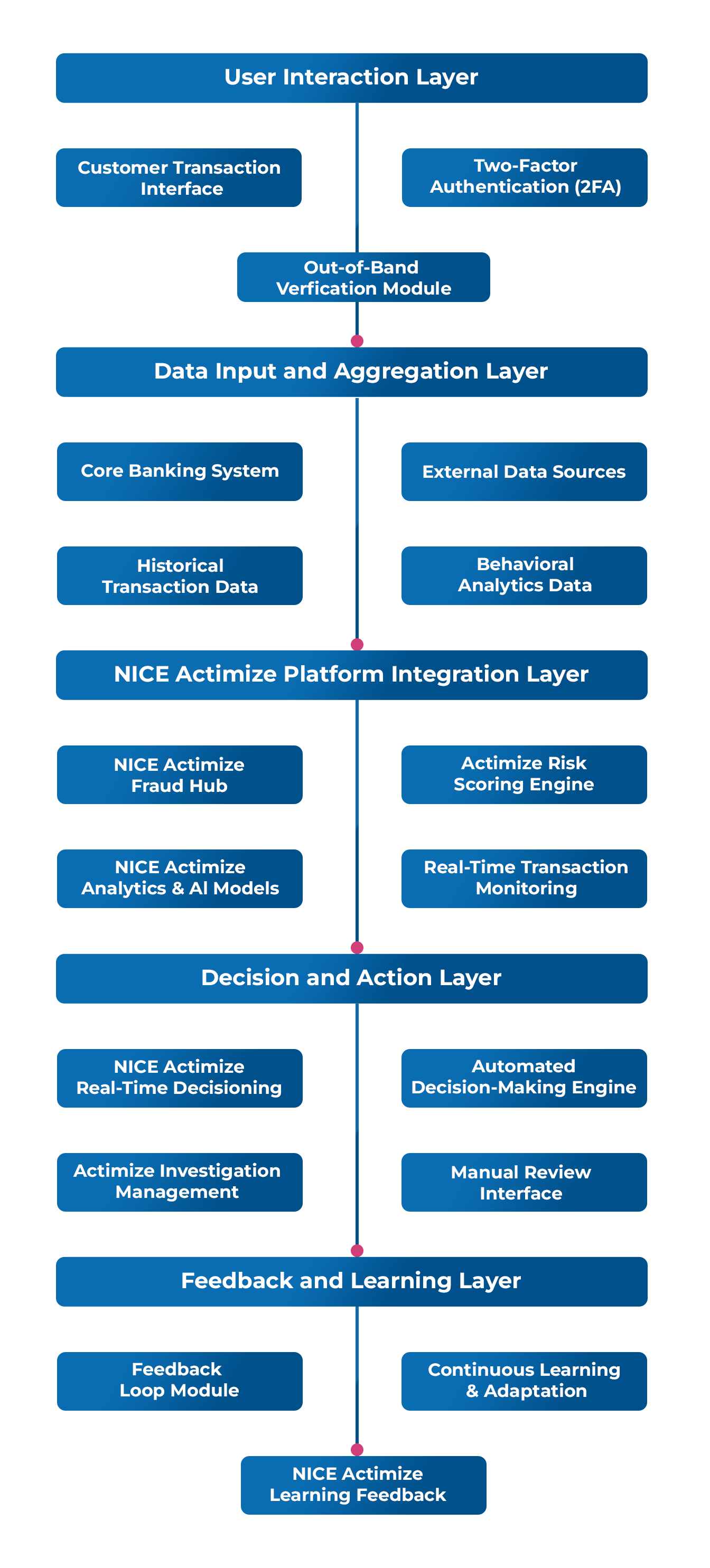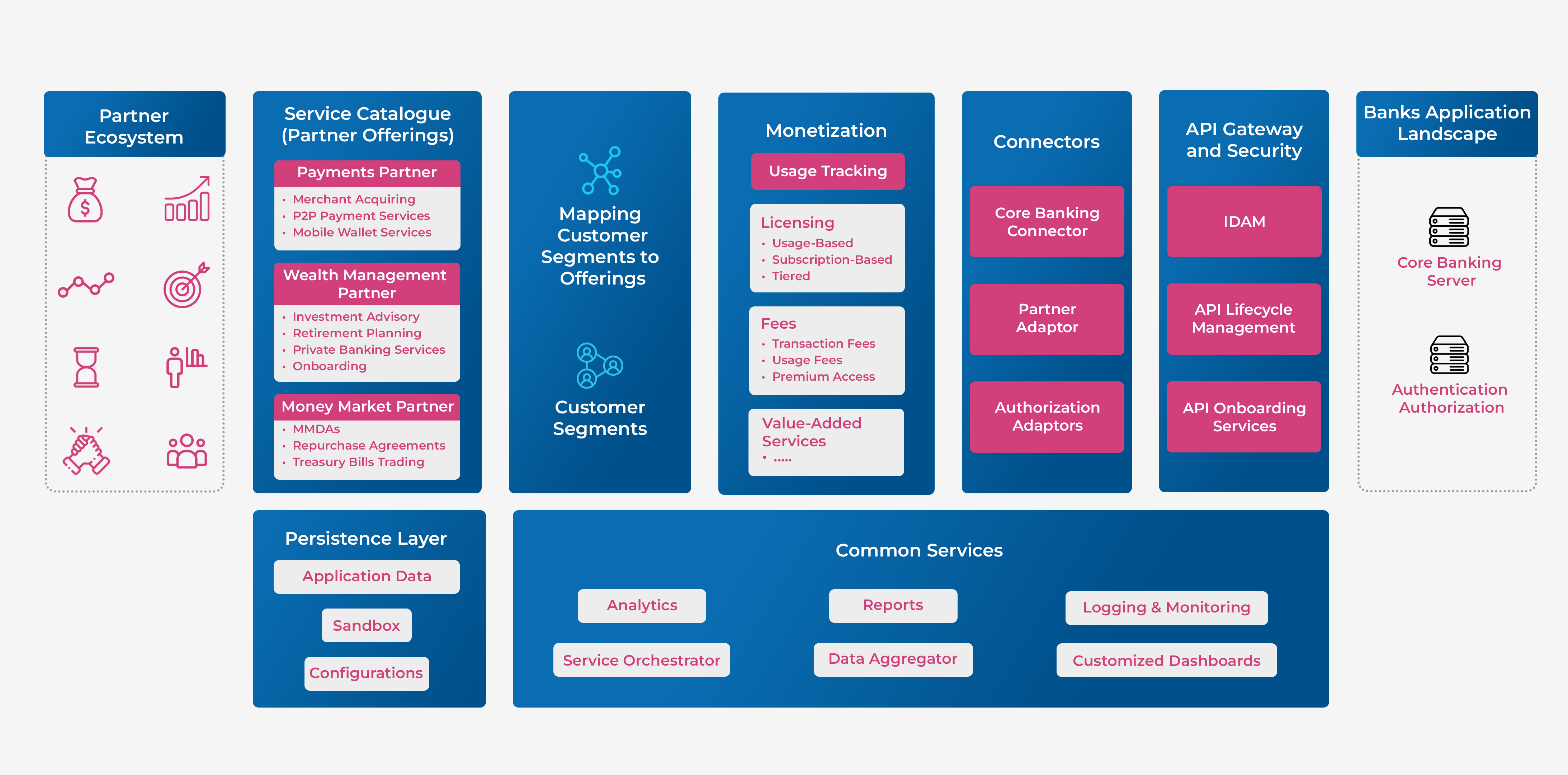One of the more sober subsets of the financial services sector – the wealth management industry – has been majorly impacted by the AI edge.
From automating routine tasks for increased efficiency and cost savings, wealth investment firms are creating new use cases for AI, ML, and Deep Learning Technologies. Especially post-pandemic, when digital became our primary transaction medium, wealth management companies are hastily speeding up their cloud migration processes and investing in advanced analytics solutions to tailor client services dramatically.
The article elaborates on a few best practices in the AI-powered wealth management industry.
Present-day AI-influenced use cases for wealth managers.
- Holistic AI-enabled investment advice. AI churns out personalized recommendations by synthesizing an investor’s current financial situation with past economic behavior and then aligning that to investment goals.
The subsequent investment recommendations yield the best approaches advisors can discuss with their clients. Much pre-work is saved in investment planning as activities like tax planning, and other input preparation exercises are automated.
With AI-driven algorithms (and platforms), the various tax scenarios, their underlying assumptions, and historical data are processed without human intervention.
- AI-driven Asset management. From predicting asset vulnerability to potential market risks to foreseeing market crashes, AI-use cases are on the rise.
An oft-cited example is how AI and ML’s pattern recognition skills are exploited to decide on equities buying and selling. How does that happen? By analyzing thousands of variables – like the company’s financial health, investor’s risk tolerance, and stocks’ historical or seasonal stock performance, specific risks to returns ratios are calculated.
Constant analysis of stock market movements enables recommendations to get sharper over time. With its quantitative and qualitative factors, this is only a start as AI-driven asset management is gaining quick ascendancy in wealth management practices.

- AI-led Compliance Management. Today trained AI systems can parse public notices for relevant regulatory information and compile reports. Investment policy statements, investment management agreements (IMAs), and exemptive orders are all examples of official sources that AI applications use to detect changes in the investment climate.
AI and ML systems collect, cleanse, and evaluate various data points to simplify compliance alert mechanisms. This proactively prevents a company’s resource wastage by optimizing its controlling algorithm, translating into direct cost savings.
- Robo-advisory. Robo-advisors evaluate a client’s risk tolerance and cash flow, among other criteria, before making investment decisions across stocks, bonds, or other financial assets.
As current projections go, approximately US$16 T in assets are expected to be managed by Robo-advisors by 2025. How does all of this play out? Investors begin by filling out online questionnaires that reveal insights into their investing preferences, after which product suggestions are offered. Next, without any human interaction, fund allocations and account reconciliations are carried out. Finally, the Robo-advisors automate asset swaps and financial investments through an ML system.
The listed technology practices are working because they align with what the new-age customers (Digital Natives and Millennials) want. Below we elaborate on the behavioral and ecosystem shift in the wealth management industry.

AI-infused future is reshaping tomorrow’s wealth management landscape.
- Hyper-personalization. Now wealth managers can balance personalization needs with automation. Through ML and CRM data, advisors gain insight into their clients’ wants, requirements, and perspectives at a never-before depth, even more than face-to-face interactions.
Generating a plethora of distinct client personas that extend well beyond the conventional wealth segments allows for the development of fully individualized user experiences. Particularly appealing are the swathes of information tailored to the client’s ESG interests, industry preferences, and financial objectives through a mix of portfolio design and rebalancing strategies.
- Next Goal Alignment. Post-pandemic, leading wealth management firms are applying ML strategies to provide Next Best Action suggestions for individual client portfolios. This enables advisers to scale up their ability to offer individualized advice.
Through an elaborate system of notifications and alerts, advisors build layers of iteration until the asset allocation needs are met. After that, using market data and CIO insights, sophisticated narrative reasoning is used to analyze customer behavior and determine the best course of action (or correction) to help each customer achieve their financial objectives.
- Simplifying Complex Financial planning. Modern digital planning engines can now perform intricate computations to offer a comprehensive, one-stop solution covering everything from strategy to particular goal support and product recommendations.
Additionally, they provide granular guidance for various circumstances beyond the scope of standard retirement planning. From planning for a child’s college fund donations to charity or a vacation house – all form part of a package that comprehensively meets a client’s future financial vision.
- 24/7 monitoring. Significant uptake of AI-driven wealth management solutions is constant, real-time observation. From real-time market movements to news affecting industries – the immediate availability of research, market data, and digital news is a game-changing advantage for investors.
Beyond weekly or monthly updates, clients today monitor their holdings as frequently as they check their inbox or social media for updates. More importantly, advisers today interact with clients and keep tabs on the markets, services, portfolios, and investment strategies – all thanks to the AI proliferation in the asset management sector.
Conclusion
Many financial institutions are exploring using artificial intelligence (AI) to enhance asset management, either as a replacement for human wealth advisers or, more typically, to supplement existing efforts.
Each firm’s AI initiatives are tailored to its particular clientele, investing strategies, and guiding investment principles.
In all of this, the growing role that AI and ML technologies will play in growing the wealth management sector cannot be underestimated.



